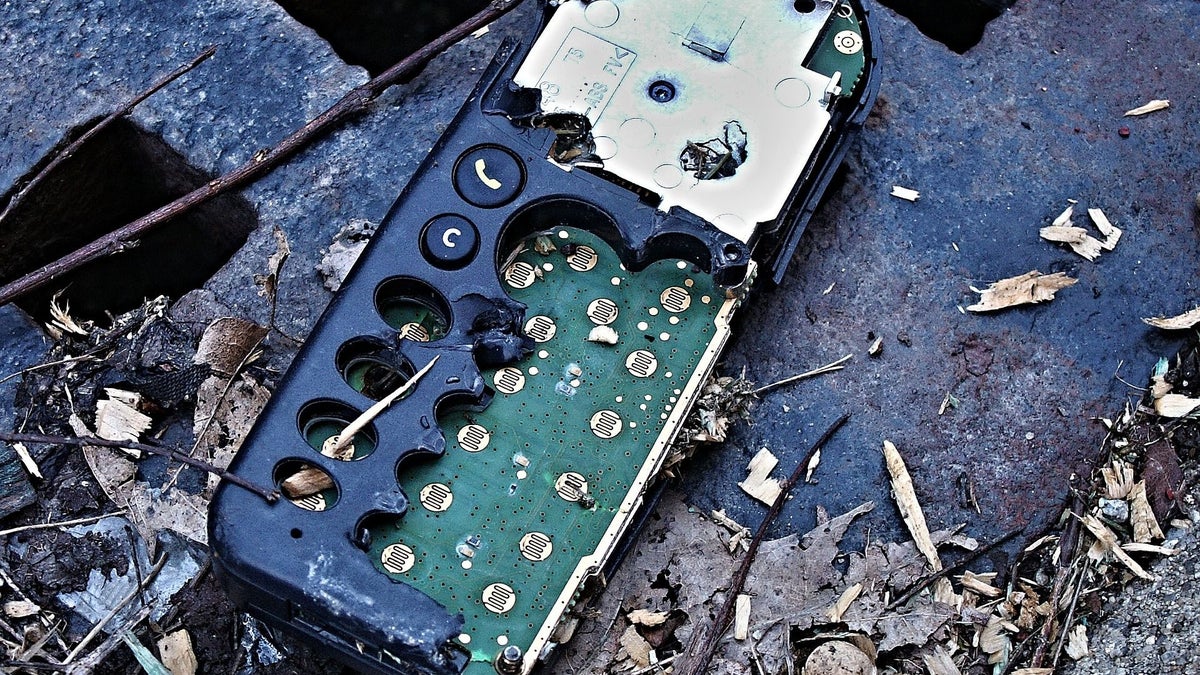The EU wants smartphones, tablets, and laptops to last longer

Even though people now tend to hold on to their phones for a little longer, they buy a new model sooner or later, and old devices are bound for a life in the drawer, especially when repairs or battery changes are everything but easy. Electronic waste is a real thing, and the European Commission plans to battle the issue with a new bill, TheGuiardian reports.
The new annex will extend current eco-design laws in the EU to include smartphones, tablets, and laptops as a part of the Circular Economy Action Plan, effective 2021. Europe first mandated efficiency standards for computers, TVs, dishwashers, and washing machines back in October last year, requiring companies to provide supply parts for their home appliances for up to 10 years. There’s no such timeframe set in the new bill, but companies will have to meet other standards, such as provide access to repair services, and give information on the repairability of the device to the customers before the purchase. The right to update obsolete software is also a part of the annex.
European Commissioner for the environment, Virginijus Sinkevičius, explained the reasoning behind the legislation as the EU has set a zero-emission goal for its economy by 2050:
The European Commission aims to establish sustainability principles, regulating the following:
If the bill passes, manufacturers will have to find a way to allow users to update their phones’ software after the end of the support period and offer repair services for older devices. Companies will have less than a year to figure out how to comply with these new regulations, if they want to keep their products on the European market.
The linear growth model of ‘take, make, use discard’ has reached its limits. With the growth of the world population and consumption, this linear model pushes us closer and closer to a resource crisis. The only way ahead is decoupling economic growth from extraction of primary resources and their environmental impacts.
The European Commission aims to establish sustainability principles, regulating the following:
- Improving product durability, reusability, upgradability and reparability, addressing the presence of hazardous chemicals in products, and increasing their energy and resource efficiency;
- Increasing recycled content in products, while ensuring their performance and safety;
- Enabling remanufacturing and high-quality recycling;
- Reducing carbon and environmental footprints;
- Restricting single-use and countering premature obsolescence; of products’ environmental impacts are determined at the design phase Up to 80%
- Introducing a ban on the destruction of unsold durable goods;
- Incentivizing product-as-a-service or other models where producers keep the ownership of the product or the responsibility for its performance throughout its lifecycle;
- Mobilizing the potential of digitalization of product information, including solutions such as digital passports, tagging, and watermarks;
- Rewarding products based on their different sustainability performance, including by linking high-performance levels to incentives.
If the bill passes, manufacturers will have to find a way to allow users to update their phones’ software after the end of the support period and offer repair services for older devices. Companies will have less than a year to figure out how to comply with these new regulations, if they want to keep their products on the European market.
Follow us on Google News













Things that are NOT allowed:
To help keep our community safe and free from spam, we apply temporary limits to newly created accounts: